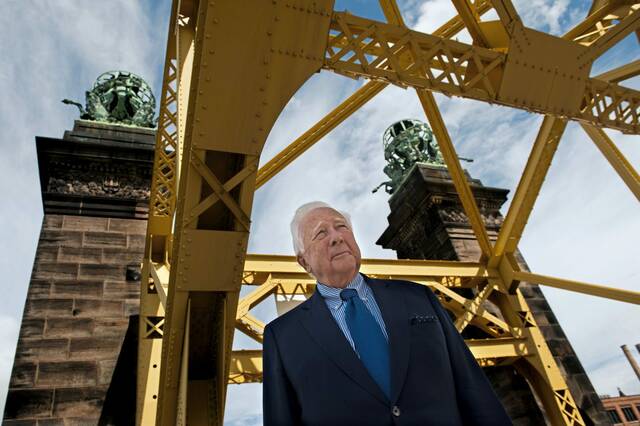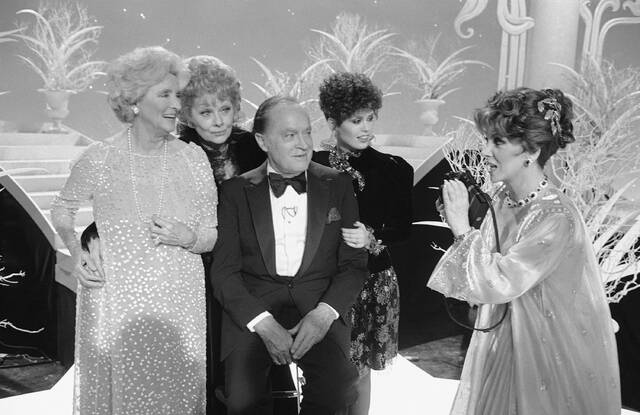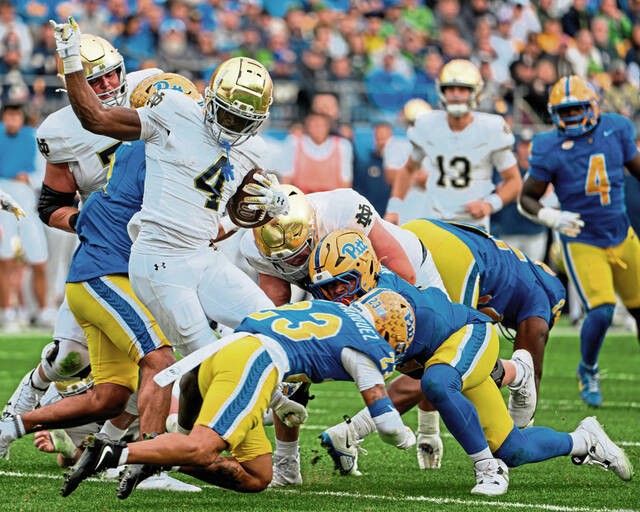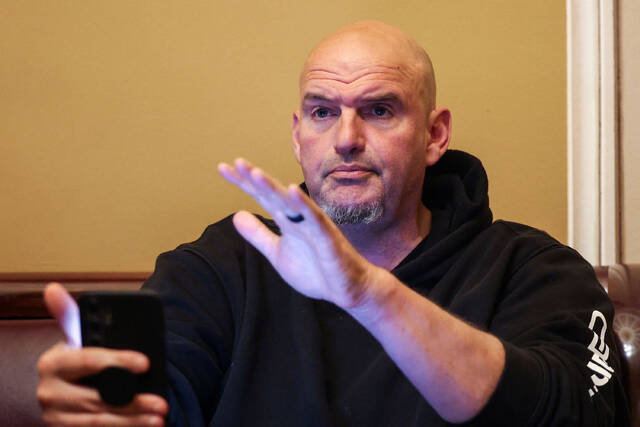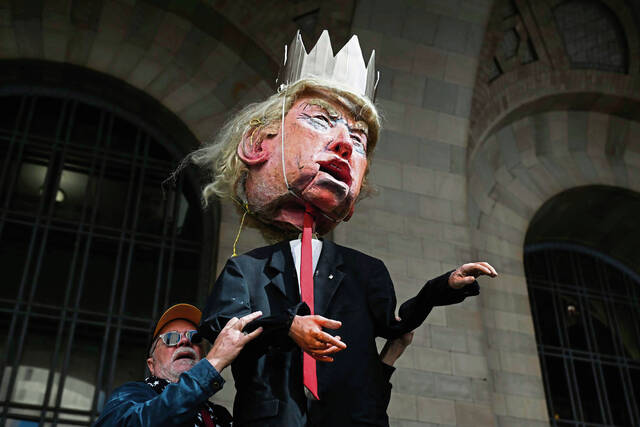I just turned in a book manuscript. My editor gave me the publisher’s standard questionnaire for authors. Among the questions was if I preferred my acknowledgments section at the start or end of the book. I was aghast. I told my editor that the very notion of opening a book with an author’s acknowledgments ought to be made illegal in the publishing world, or at least deemed a form of literary madness.
You don’t open a book with a long list of acknowledgments — that is, if you want readers. You open a book with a story.
Once asked here in Pittsburgh the key to being an effective historian, Pittsburgh native and renowned historian David McCullough said: “six words — tell stories, tell stories, tell stories.”
I heard the same advice from Stephen Ambrose, another late, great historian. It’s a crucial difference between successful popular historians and unsuccessful academic historians. You draw in readers by engaging them, not boring them. I’ll never forget an angry professor yelling at me in grad school as she blasted one of my papers, “What do you want to do here, Paul, tell a story?!”
Actually, yes. I did.
Every historian needs to be scholarly and reliable, with sound documentation, but you must lure in the reader.
Few mastered that art like David McCullough. In fact, he honed it in Pittsburgh. “I learned how to tell a story at my family’s dinner table in Pittsburgh,” he told the Wall Street Journal in May 2015, “where my parents and my maternal grandmother told stories about World War I, the city’s terrible floods, violent labor strikes and family eccentrics. I listened carefully and wound up with an appreciation for history … storytelling was in the blood.”
McCullough’s books started with those local stories. His first was on the Johnstown Flood. His second book, on the Brooklyn Bridge, was inspired by his knowledge of the Butler County (Saxonburg) man who designed the bridge, John Roebling.
Born in July 1933, McCullough grew up in Point Breeze, graduated from Shady Side Academy and went to Yale University, contrary to his father’s wishes.
“My dad wanted me to go to either Carnegie Tech (Carnegie Mellon) or Pitt,” McCullough said. “He was a real Pittsburgh guy.”
As was David McCullough. “David McCullough was first and foremost a Pittsburgher,” notes Andy Masich, president of the Senator John Heinz History Center. Adds Allegheny County Executive Rich Fitzgerald, “David McCullough was one of America’s great historians. He’s one of us, a man who grew up here with us.”
He was always proud of his Pittsburgh roots. When he gave Pitt’s commencement address in 1994, he described his beloved Pittsburgh as “one of our nation’s best, most interesting and most promising cities.”
He knew not only how to write a story but to speak one. Watch his opening narrations to the superb “American Experience” program he hosted for decades for PBS, especially the series on the American presidents (my favorites were on Truman and Reagan). He put you at ease and drew you right in.
David McCullough lived to the age of 89. We were blessed by his compelling work for many years. For writers, historians, speakers and teachers, never forget his enduring lesson for success: tell stories, tell stories, tell stories.


